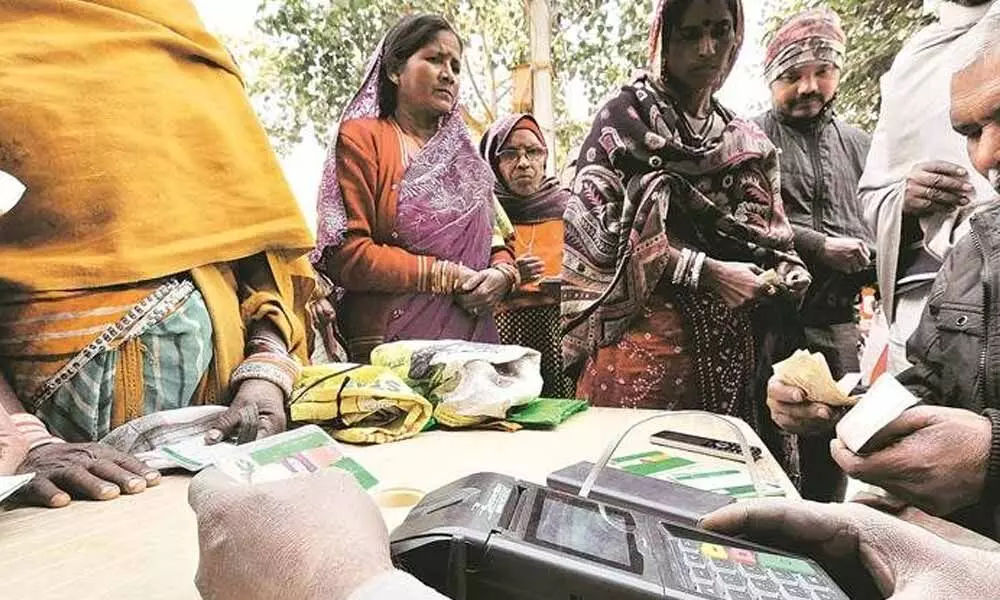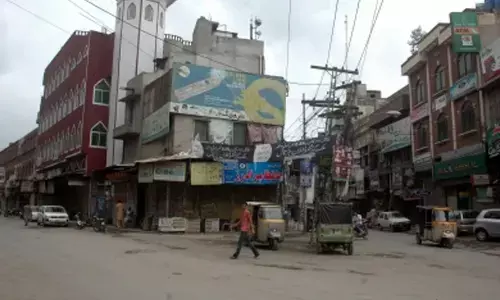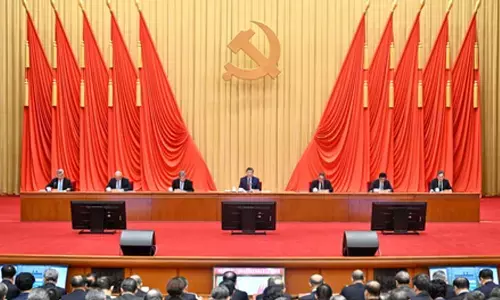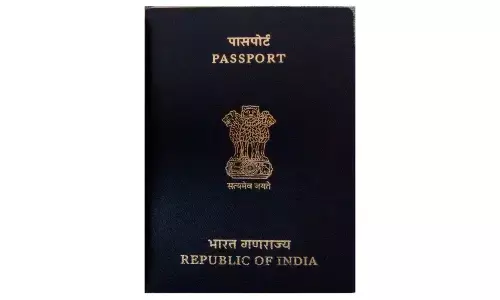Ways to implement public distribution system effectively

Ways to implement public distribution system effectively
India is a developing country and has the second biggest population in the world. Guaranteeing sustenance security in India is significant for the improvement of the nation
India is a developing country and has the second biggest population in the world. Guaranteeing sustenance security in India is significant for the improvement of the nation. The Public Distribution System (PDS) in India is one of the biggest welfare programmes in the world with the essential point of improving sustenance and nourishment security of the socially and financially denied segments in the nation. The PDS is considered as the chief instrument in the hands of the Central and the State governments in giving a security net to the needy and the poor against the spiralling rise of the cost of basic commodities.
On June 30, Prime Minister Narendra Modi had specified about extending a free ration scheme till November 30. He had initiated this measure under Pradhan Mantri Garib Kalyan Anna Yojana. This scheme would benefit 80 crore people under the National Food Security Act (NFSA).
As per the research study conducted by these authors, relevant details have been brought to light in connection with e-POS. As per our findings from the survey, e-POS device and its automation are working very well and just facing negligible problems in day-to-day operations. From the study, 36% found the average processing time for the transaction is between 2-3 minutes. This time is efficient since social distancing is still a norm and long queues do not help the people due to crowding effect. Technology is also not a cause of hindrance since it has been observed that 95% of the dealers face no touch screen issues with the device and only 5% of the dealers felt that there are touch screen issues because of the low network. The e-POS platform has equipped the people to grow, learn and facilitate convenience. Almost 100% of the dealers strongly agreed that the device gets updated on time; e-POS device is easy to use and beneficiary for business to grow. From the study, it is indicated that 77% of the dealers believed that their income increased after the use of the e-POS device with an evergreen feature of portability. Earlier, fraudulent practices were reported in the PDS, but with the advancement of e-POS, it is observed that 100% of the people believed that the e-POS device and its automation in the ration shop are useful, it eliminated fraud and it helps in getting the exact quantity of food grains.
According to a report in EPW journal, the Covid-19 pandemic which has increasing cases on a regular basis across the globe, has shed its light on the migrant crisis in the country. With respect to India's policy for health and disaster management, there is deficiency with India's welfare delivery system.
Union Finance Minister Nirmala Sitharaman announced free food grains and cash payments to women, poor senior citizens and farmers as part of the Rs 1.70 lakh crore Pradhan Mantri Garib Kalyan Yojana. Moreover, it was reported that, 2.42 lakh metric tonnes of pulses had been dispatched to various States/Union Territories and that they had been further distributed to 5.21 crore household beneficiaries.
According to a report in EPW journal, in the wake of the migrant crisis, India has tried to provide free food grain supply for a period of two months, it was earlier not covered under the NFS Act or for the ones without a ration card. Indian States of Telangana and West Bengal have decided to adopt the PDS system in the country for distribution. The same can be adopted by other States too. The relief packages are yet to reach the recipients and under the current situation, it becomes tedious and inconvenient especially for returning migrants and mobile migrant population. The food supply is generally accounted by means of the old population count which is yet to be updated. Many sections and people of society are at a loss, the issuance of Aadhar cards and ration cards is yet another loophole in the system.
The strategic distance from availability issues different telecom specialist organisations ought to be approached to outline accessibility at Fair Price Shop areas and the best network accomplice ought to be chosen. For those shops in the urban and semi-urban regions who are confronting the comparative availability issue for them, it is encouraged to organise the compact 4G hotspot gadgets. For the shops in the rustic zones, it is prompted for them to organise the repeaters and antenna with the goal that the sign qualities can be improved.
The wide number of dealers originates from an alternate educational background and does not fittingly operate the device. It was discovered that a few sellers were utilising pen rather than fingers to work contact screen and a few vendors were found ceaselessly charging their e-POS device battery which may influence the battery execution. So, bringing every one of these things into consideration, there is a need to give legitimate guidelines/preparing in these regions.
Better connectivity with the server results in the shorter validation time for Aadhaar verification. To achieve this, the server should be upgraded, or new servers must be installed at regional centres.
The problem of fingerprint issue is commonly faced by the aged people in all the Fair Price Shops (FPS) due to which they have to keep on repeating the fingerprint scanning process until the fingerprints get matched which in turn takes a lot of time, wasting the time of the FPS dealer and also the people stand in a queue. So, to overcome this problem, the use of an iris scanner can be made. It is available but the government needs to adopt some other option.
The implementation of 'One Nation One Ration Card' does not begin until 2021, although, the migrant labourers are at a loss. Hence, it is essential for the government to make the supply of food grains and other commodities through the e-POS system as it is highly efficient. This measure can be a contingent measure until 'One Nation One Ration Card' comes into force.
The migrant labourers are the major people who contribute to the industrial activities of the country and failing to provide them sustenance causes the country and its people to fail. The best way to tackle the situation until the one ration card scheme is initiated is through the e-POS system.
(Dr Maschendar Goud is Research Associate at Institute of Public Enterprise and Harsha Sheelam is an author, columnist, researcher and social worker)














